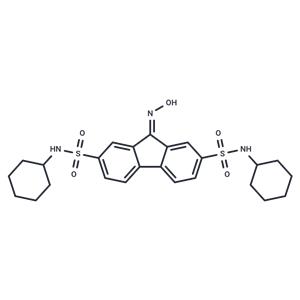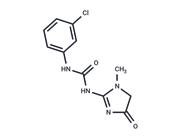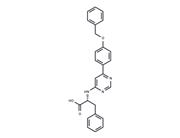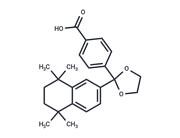| Cell Research | 1000 cells/36 μL are seeded in each well in 384-well plates. Lethal compounds are dissolved and a 2-fold, 12-point dilution series are prepared in DMSO. Compound solutions are further diluted with media at 1:25 and 4 μL/well of the diluted solutions are added to cell cultures immediately after cells are seeded. When ferroptosis inhibitors (100 μM α-tocopherol, 152 μM deferoxamine, or 10 μM U-0126) are co-treated with lethal inducers, they are supplemented to cell culture at the same time as lethal compounds are added, and the cells are incubated for 24 hrs. When other cell death modulating compounds (100 nM sodium selenite, 1 μM cerivastatin, 100 μg/mL mevalonic acid) are co-treated, they are first supplemented to cell culture for 24 hrs before lethal compounds are added to cell culture and further incubated for 24 hrs at 37°C under 5% CO2. On the day of the viability measurement, 10 μL/well of 50% Alamar Blue diluted in media is added and further incubated at 37°C for 6 hrs. Fluorescence intensity (ex/em: 530/590) is measured with a Victor 3 plate reader and the normalized viability is calculated by VL = (IL-I0)/(IV-I0), where VL, I0, IV, and IL are the normalized viability, raw fluorescence intensities from the wells containing media, cells treated with a vehicle (negative control), and cells with the lethal compound (L), respectively. When the effect of a chemical modulator (M) on L is calculated, we instead used the equation: VL|M = (IM, L-I0)/(IM, V-I0), where VL|M, IM, L and IM, V are the normalized viability, and fluorescence intensity from cells treated with M and V, and from cells with M and L. respectively. The viability is typically measured in biological triplicates unless otherwise specified. A representative dose-response curve, the mean and standard error of normalized viability from one replicate are plotted. |

 United States
United States



